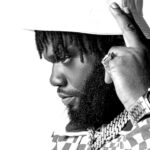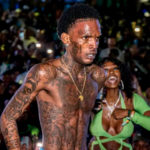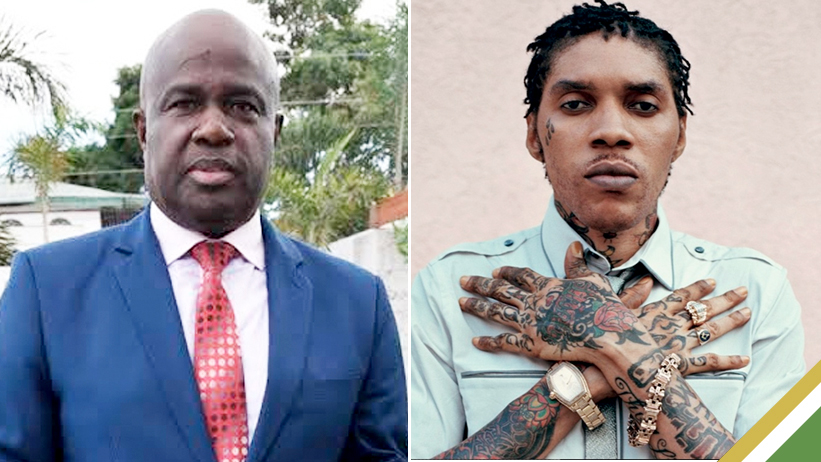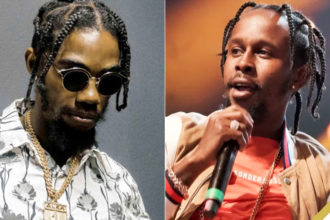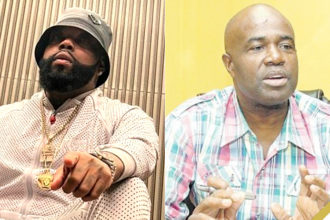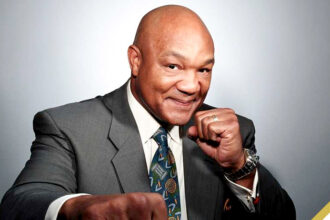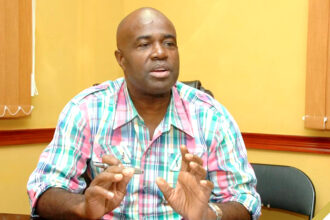Isaiah Laing, head of Supreme Promotions and founder of the iconic Sting concert, is undeterred by the hype surrounding Vybz Kartel’s “Freedom Street” concert. Despite competing events this December, Laing remains confident that there’s room for both spectacles, declaring, “A lot of Jamaicans will be coming for Christmas, and they will want somewhere to go on Boxing Night, and that place will be Sting.” he noted while speaking with the Jamaica Gleaner. For Laing, the continued success of Sting, a show with deep cultural roots in Jamaica, transcends the rivalry with Kartel, an artist he believes owes much of his career to the legendary showcase.
Laing’s history with Kartel is layered and shaped by a mix of collaboration and controversy. Recalling the infamous altercation between Kartel and Ninjaman at Sting 2003, Laing vividly recounts how he personally protected Kartel that night. “I put Ninjaman in a hotel room and placed a security guard at his door so he couldn’t leave, I did that to protect Kartel,” Laing reflects. Despite the financial and legal fallout from that night, which cost Laing over $30 million in settlements, he has never held a grudge against the artist. “Kartel knows that ah Sting mek him,” Laing asserts, suggesting that the artist understands the stage’s pivotal role in his rise to fame.
This year, Laing is determined to prove that Sting is far from over. Despite facing a decrease in sponsorship and the challenges of a shifting entertainment landscape, Laing is pressing on, bolstered by the support of his son, Tahheer Laing, and the anticipation for Sting 2024. “Mi ah go fight for its survival because I am a fighter,” he says, echoing his commitment to preserving the show as an integral part of Jamaica’s entertainment fabric. The 2024 edition of Sting will showcase a blend of veteran performers like Tommy Lee Sparta and Macka Diamond alongside an “Unsung Heroes” segment to honour overlooked talent.
Laing sees Sting as a stamp of approval for dancehall artists, emphasizing its unmatched ability to catapult performers to international recognition. “When yuh buss a Sting, yuh buss,” he says, pointing to the lack of longevity in today’s dancehall scene as a result of artists bypassing the crucial validation that Sting provides. In a world where new acts fade almost as quickly as they rise, Laing insists that Sting remains the litmus test for enduring success in the genre.
With so much at stake, Laing’s unwavering belief in Sting’s cultural relevance is clear. As he prepares for the upcoming launch on November 26, Laing is ready to fight for the survival of a show that has defined Jamaican music for decades, making clear that no amount of external pressure—be it from rival events or shifting industry trends—will diminish his resolve. “The show must go on,” Laing concludes, determined that Sting will continue to shine brightly in the Jamaican entertainment landscape.



